Introduction
Music theory is the foundation of musical knowledge. Whether you’re a beginner eager to grasp the basics or an advanced musician refining your skills, the right books can transform your musical journey. The best music theory books provide insights into scales, harmony, notation, and composition, making them essential for anyone serious about music. As composer Igor Stravinsky once said, “To listen is an effort, and just to hear is no merit. A duck hears also.” Learning theory allows you to truly listen to music with depth and clarity.
Let’s explore the best music theory books that will help you master the language of music!
ALSO: Top 18 Must-read books for Musicians
Best Music Theory Books for Beginners
If you’re just starting out, these books break down music theory fundamentals into easy-to-digest lessons:
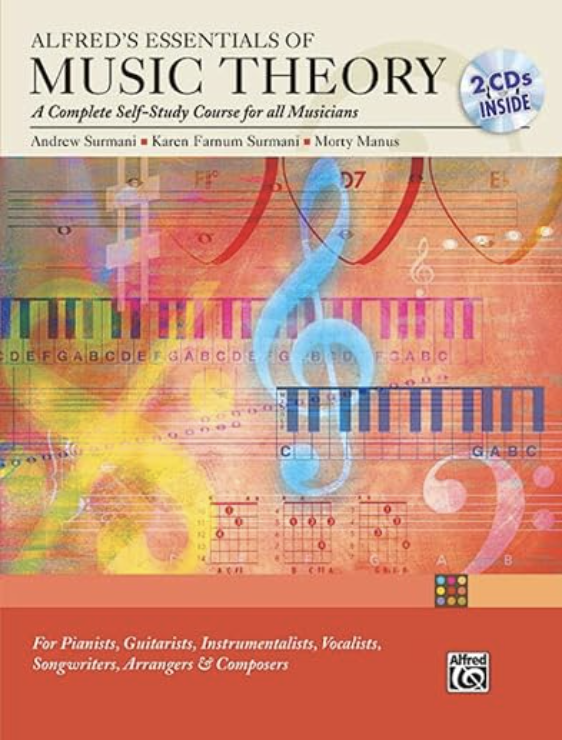
Alfred’s Essentials of Music Theory (Buy here)
This all-in-one resource combines lessons, ear training, and exercises. It covers everything from notation, rhythm, scales, and chords to more complex elements like key signatures and intervals. The book also includes interactive exercises that reinforce learning, making it ideal for both self-study and classroom use. It comes with a companion CD for ear training, helping students develop a strong musical ear. If you’re looking for a structured and engaging way to learn music theory from the ground up, this book is an excellent choice.
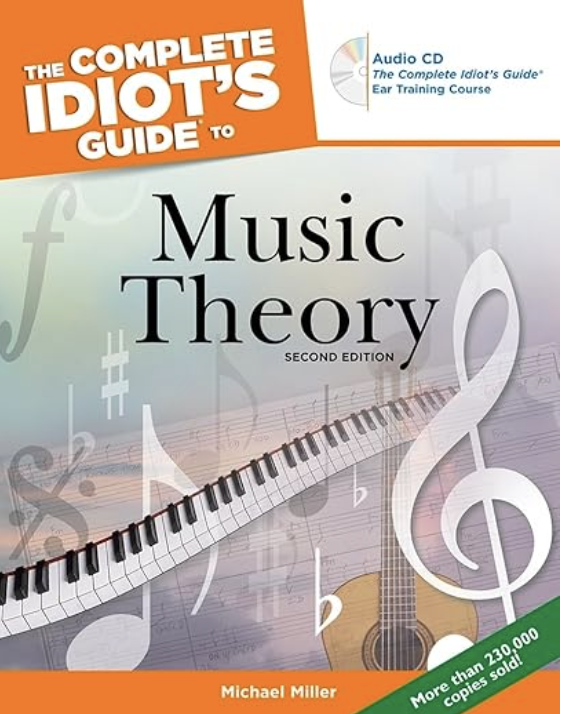
The Complete Idiot’s Guide to Music Theory by Michael Miller (Buy here)
With a lighthearted and approachable style, this book is great for absolute beginners who might find music theory intimidating. It explains complex concepts using simple language and real-world examples, making it easier to grasp topics like rhythm, chords, and scales. Each chapter builds on the previous one, ensuring a logical progression in learning. It also includes quizzes and exercises to test your knowledge as you go. If you’re someone who wants an easy and enjoyable introduction to music theory, this book is a fantastic choice.
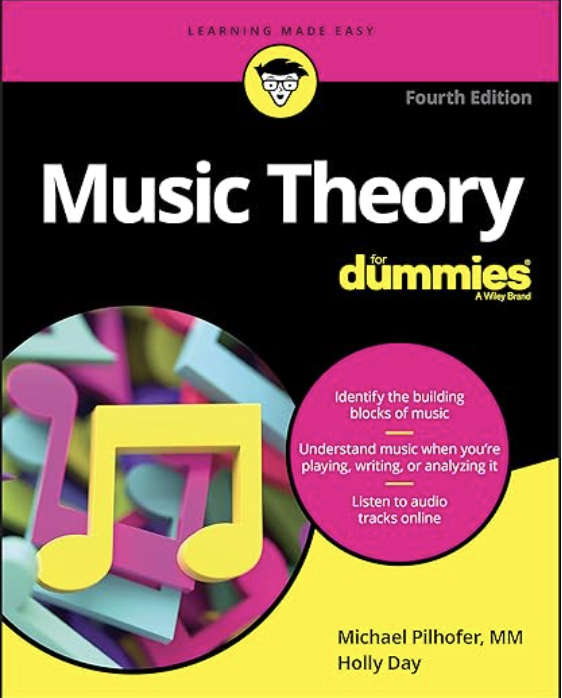
Music Theory for Dummies by Michael Pilhofer & Holly Day (Buy here)
This comprehensive yet beginner-friendly book takes a hands-on approach to learning music theory. It covers essential topics such as reading music notation, understanding intervals, and building chords and scales. The explanations are clear and concise, with helpful illustrations to make concepts more digestible. The book also provides access to online audio tracks that allow you to hear the concepts in action. Whether you’re learning music theory for fun or as a serious musician, this book is a great entry point.
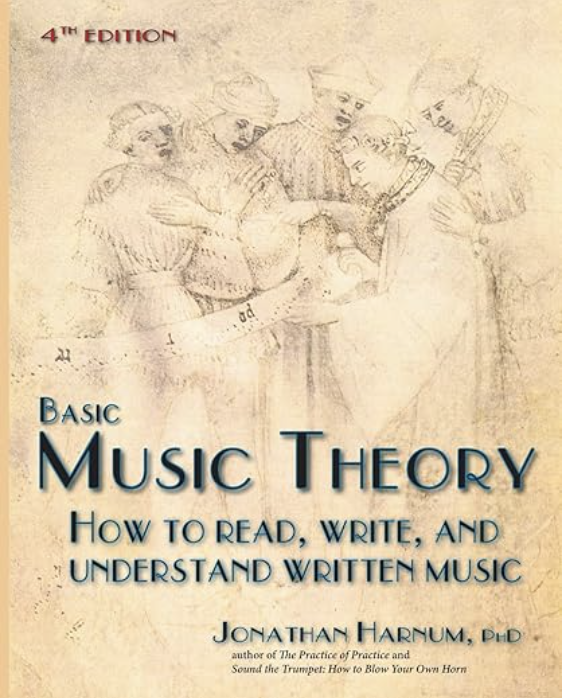
Basic Music Theory: How to Read, Write, and Understand Written Music by Jonathan Harnum (Buy here)
A well-structured and engaging book that introduces fundamental music theory concepts step by step. It explains notation, rhythm, key signatures, and more in a way that is easy to follow. The book includes practical exercises to help reinforce your understanding, making it a great resource for self-learners. It also touches on ear training, helping musicians develop their ability to recognize intervals and chords. If you’re looking for a thorough yet accessible guide, this book is an excellent option.
Best Intermediate Music Theory Books
Once you have the basics down, these books take your understanding further:
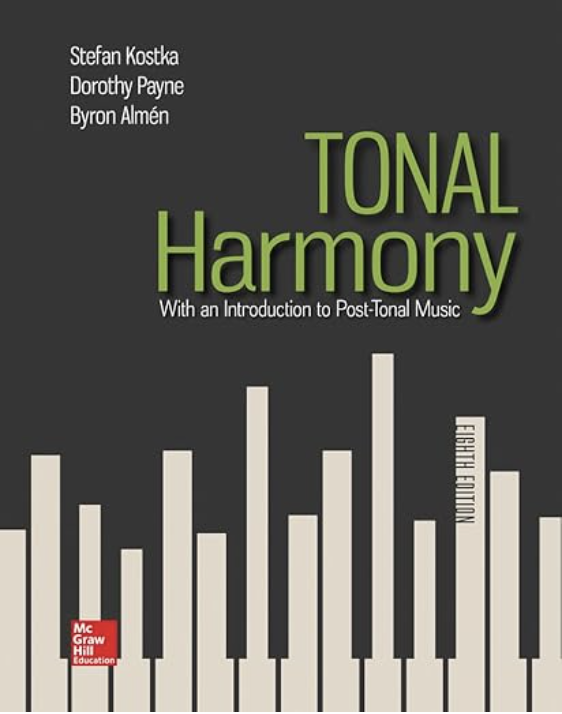
Tonal Harmony by Stefan Kostka & Dorothy Payne (Buy here)
This college-level book delves into the structure of harmony and voice leading. It explains key theoretical concepts such as diatonic harmony, modulation, and chromaticism in great detail. With numerous musical examples and exercises, it serves as an excellent textbook for serious music students. The book is widely used in universities and conservatories, making it a go-to reference for advanced learners. If you’re looking for a deep dive into classical harmony and composition, this is one of the best resources available.
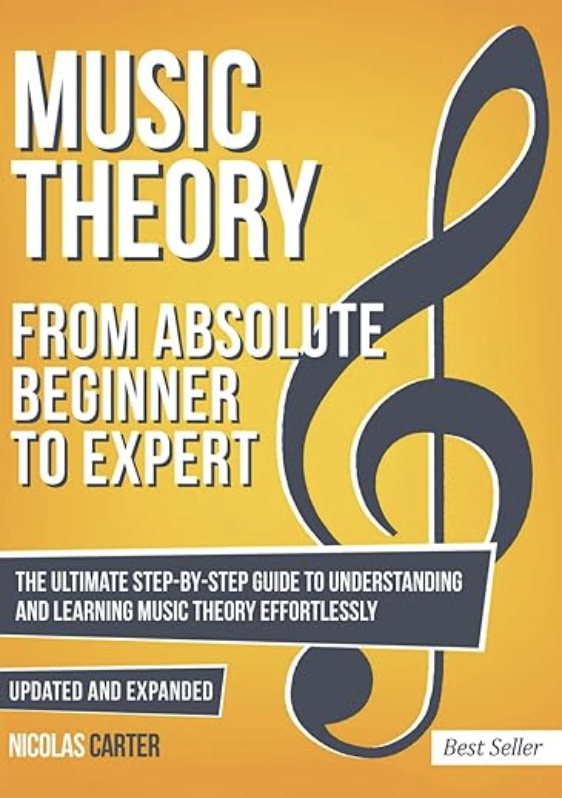
Music Theory: From Beginner to Expert by Nicolas Carter (Buy here)
This book provides a step-by-step progression from basic to more advanced music theory concepts. It covers topics like key signatures, modes, and chord progressions with practical applications. The language is straightforward and accessible, making it a great bridge between beginner and advanced levels. It also emphasizes how music theory applies to real-world musical contexts, which is useful for both performers and composers. If you’re ready to take your understanding beyond the basics, this book is a great guide.
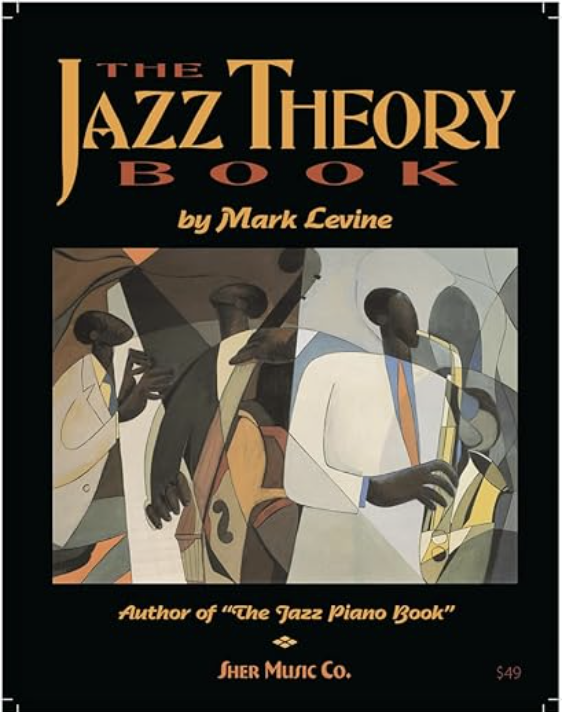
The Jazz Theory Book by Mark Levine (Buy here)
A must-have for any jazz musician, this book explores chord voicings, jazz harmony, and improvisation techniques. It is packed with musical examples from jazz legends like Miles Davis and John Coltrane. The book also includes exercises and explanations that help players apply jazz theory to their own playing. Whether you’re a pianist, guitarist, or horn player, this book provides a solid foundation in jazz harmony and improvisation. If jazz is your passion, this is an essential resource. It has been my personal go-to for years, I always learn something new when I open the book.
Best Advanced Music Theory Books
For those looking to master complex concepts, these books provide deep theoretical knowledge:
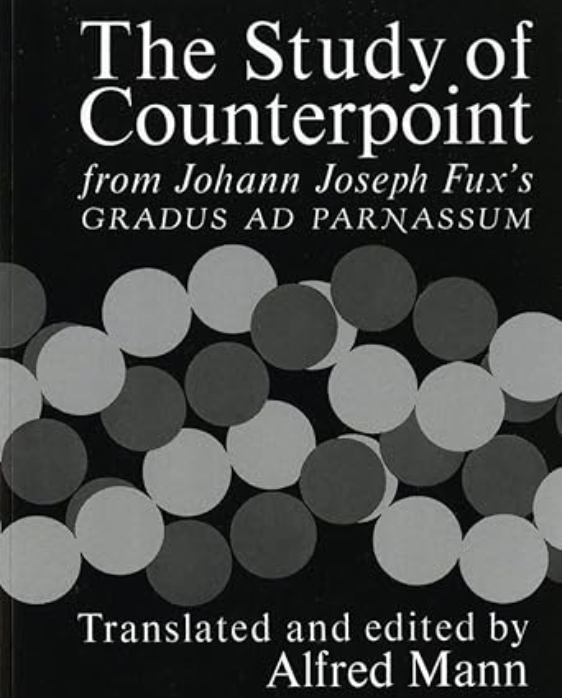
The Study of Counterpoint by Johann Joseph Fux (Buy here)
This book is considered one of the most important texts on polyphonic music composition. Written in a dialogue format, it explains counterpoint rules in a way that is easy to understand. It was studied by legendary composers such as Bach, Mozart, and Beethoven. It provides exercises in species counterpoint, helping musicians refine their compositional skills. If you’re interested in writing contrapuntal music, this book is a timeless classic.
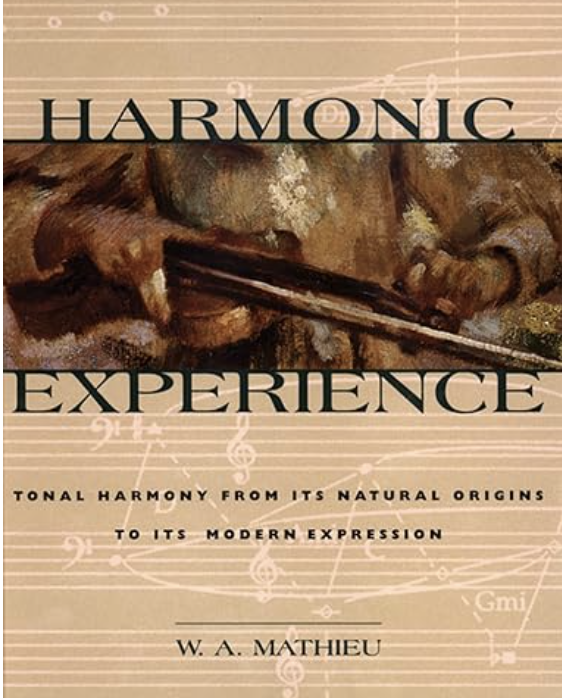
Harmonic Experience by W.A. Mathieu (Buy here)
This book provides a holistic approach to harmony, integrating both Western and non-Western musical traditions. It explores how harmony is perceived and felt, rather than just how it is written. The book also includes ear training exercises that help musicians develop a deep intuitive sense of harmony. It’s perfect for composers, improvisers, and anyone interested in the emotional aspects of music theory. If you’re looking for an innovative approach to harmony, this book is highly recommended.
Conclusion
No matter where you are on your musical journey, the right book can accelerate your learning and deepen your understanding. Whether you need a beginner’s guide or an advanced reference, these best music theory books will help you master music notation, harmony, and composition. Choose the book that fits your needs and start unlocking your musical potential today!





